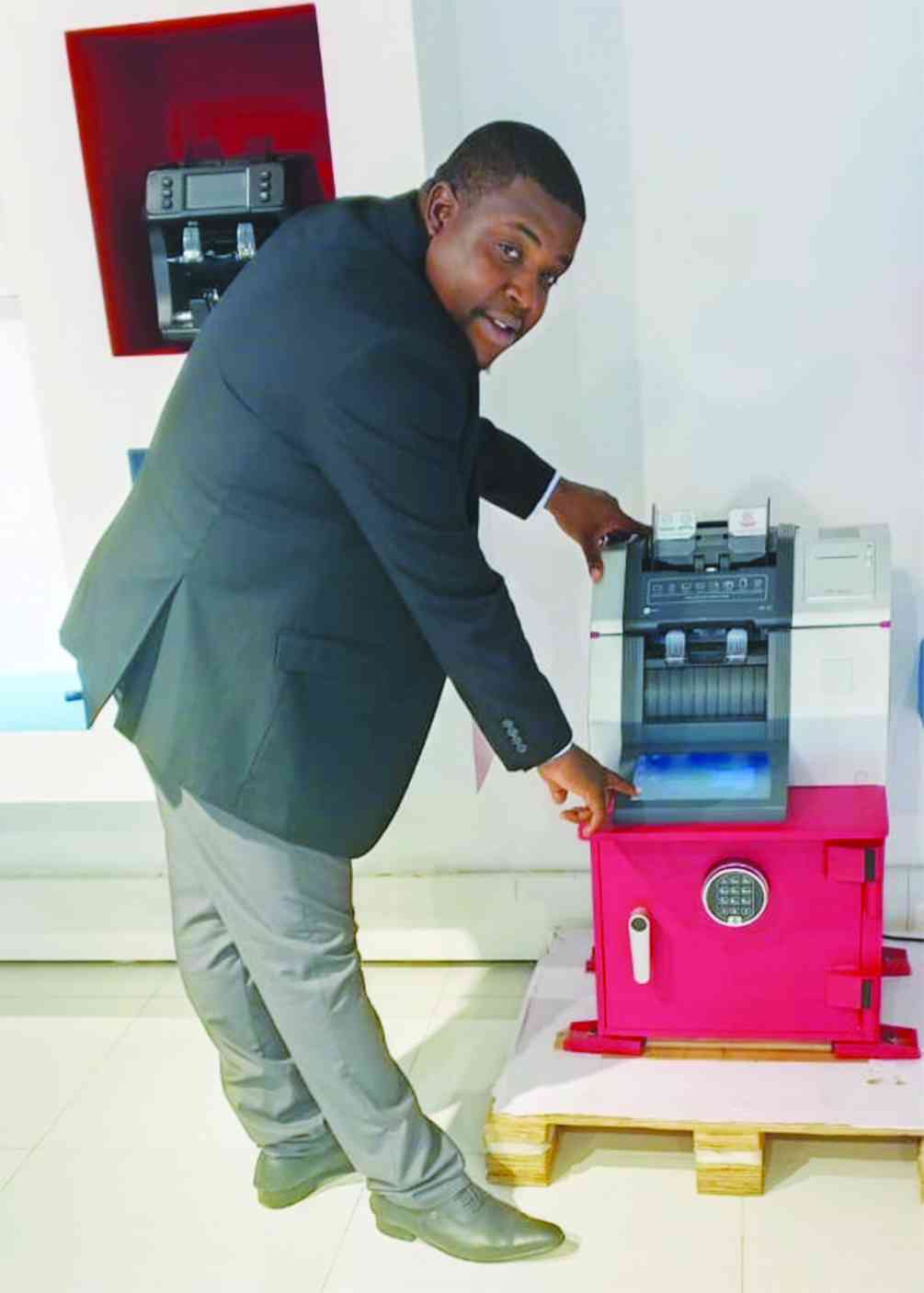
DIGITAL microfinancier MoneyMart Finance is piloting an artificial intelligence (AI)-powered credit assessment system designed to evaluate borrowers’ creditworthiness without requiring collateral, a development that could significantly widen access to finance for small businesses and individuals.
The initiative comes as new data from the Reserve Bank of Zimbabwe’s Collateral Registry shows the economy’s heavy reliance on physical assets for borrowing.
As of June, the registry had recorded 12 978 types of collateral valued at ZiG56,3 billion (US$2,08 billion).
Household goods topped the list with 4 006 items, followed by 2 597 private vehicles.
These figures underscore a liquidity-starved environment where small businesses and households are forced to pledge personal assets to secure credit, a major barrier to financial inclusion.
Speaking on the sidelines of the recent In Conversation with Trevor Ideas Festival, MoneyMart group chief executive officer Ethel Mupambwa said the AI credit assessment system was currently in the testing phase and was expected to go live in the third quarter of next year.
“MoneyMart Finance does what we literally call non-collateralised loans. At the moment, we are actually testing our AI credit assessment model in the organisation,” Mupambwa said.
“We have really gone the artificial intelligence way and we have moved in technology.
- Rampaging inflation hits Old Mutual . . . giant slips to $9 billion loss after tax
- Monetary measures spur exchange rate stability: RBZ
- Zim deploys IMF windfall to horticulture
- Banker demands $21m from land developer
Keep Reading
“So, our AI credit assessment model will help us not to require collateral from our client. But what it does is it searches through the business, we do due diligence of the business.
“We get access to their revenues; we get access to how they are trading on a daily basis.”
She explained that the system uses real-time data from clients’ business operations to determine their creditworthiness.
“We get access to their revenues, and we get access to how they are trading on a daily basis. And that can give them a credit score,” Mupambwa said.
“It also helps us, especially when we are dealing with people in the markets. Their reputation in the market with fellow entrepreneurs also contributes to the credit score,” she said.
The approach mirrors the use of credit scores in developed markets such as the United States, where lenders rely on data-driven insights to evaluate borrowers’ repayment potential.
Mupambwa said the new system will help reduce default rates by ensuring repayment terms are aligned with the borrower’s cash flow.
“Our credit assessment is the process that tests whether someone is able to repay back or not, not even someone, but the business itself,” she said.
“We also make it easier for the business because we make sure that the repayments and the cash flows of the business align so that there is no room for failure.”
Mupambwa added that MoneyMart tailored its products to fit each client’s operations and revenue patterns.
“Hence, we are very, very comfortable and have the confidence that a business will be able to repay its facility back on time,” she said.
Founded in 2013, MoneyMart Finance has focused on empowering micro and small enterprises through access to credit and financial literacy training.
Its latest innovation marks a major step toward using technology to bridge Zimbabwe’s financing gap and promote inclusive economic growth.











